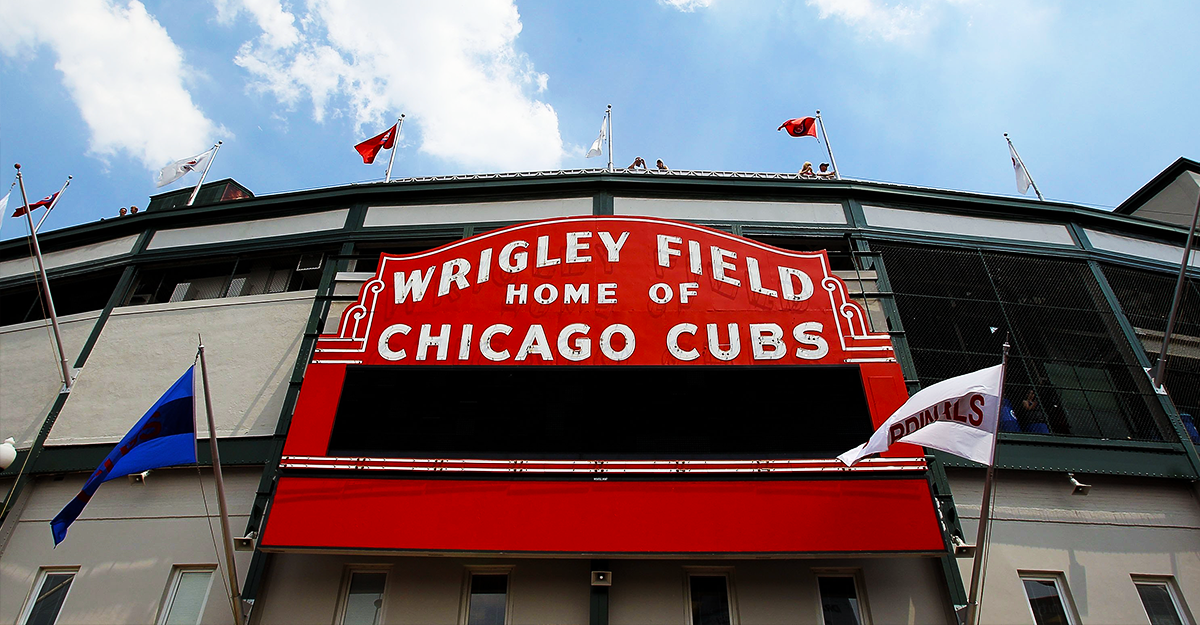More than 2,000 health care workers have already been sent struggling hospitals across Illinois this month, but hundreds more are slated to be deployed in the coming weeks, Gov. J.B. Pritzker announced Wednesday.
The governor, in a COVID-19 update, announced 552 additional workers are slated to arrive at state hospitals by next Friday. In addition, the state is sending another 340 workers from so-called "COVID reaction teams" to "respond quickly to emerging crises at hospitals and other healthcare facilities" within the next 10 days.
"I can’t say enough about how extraordinary our hospitals and our healthcare heroes have been throughout the pandemic, but specifically in the present moment, when exhaustion and long hours greet them every single day," Pritzker said. "From Chicago to Marion, from East St. Louis to Rockford, medical professionals and staff are caring for our family members, neighbors and friends in this hour of need. They need help, and I am doing everything I can to support them as they tackle this latest surge."
Pritzker said the goal is to give workers reprieve during the omicron surge sweeping the nation and to create more staffed hospital beds in the state.
Feeling out of the loop? We'll catch you up on the Chicago news you need to know. Sign up for the weekly Chicago Catch-Up newsletter here.
"With unprecedented numbers of patients being hospitalized, we must do all
we can to keep our healthcare workers and institutions operating and
available to all who need medical assistance," he said.
The Illinois Department of Public Health announced Wednesday that 7,219 patients are currently hospitalized in the state, a decline of more than 100 patients from Tuesday’s record-high.
Officials say that data is beginning to show a slowdown in hospitalizations across the state, but caution that residents should not let their guard down and should continue to adhere to new mitigations and existing regulations as Illinois works to turn back the omicron-driven surge.
Local
According to IDPH data, 1,131 of those patients are currently in intensive care units, marking a decline from Tuesday and continuing a recent flattening trend in the metric.
"This wave of COVID is causing more people to get sick than ever before in this pandemic, and the vast majority of the serious illnesses and deaths are among the unvaccinated," Pritzker said. "As difficult as this moment is, there will be an end to it. We have all the necessary tools for prevention, and we are nearer than ever to having everything we need to detect and treat the disease to keep even the most vulnerable people alive."
With the state of Illinois setting new records for patients hospitalized with COVID-19, there has been some pushback on just how those hospitalizations are defined.
While the state of Illinois does not differentiate between people who are hospitalized specifically because of COVID from those who test positive for COVID while receiving care for another illness, Chicago Department of Public Health Commissioner Dr. Allison Arwady said the distinction doesn’t change the fact that COVID causes the same issues for health care professionals whether or not it was the cause of someone’s admission to a hospital.
“If somebody has COVID and they are in the hospital, they are taking up the same hospital bed, they are requiring the same PPE and infection control and extra care, extra nursing support, etc. So when somebody is in the hospital with or for COVID, they have the same extra burden.”
Arwady said that the number of patients who have COVID but are being hospitalized for something else do not represent “the majority” of hospitalization numbers.
“I wish it were, (but) that is not what is driving our hospitalization numbers,” she said.
Illinois Department of Public Health Director Dr. Ngozi Ezike said it's too soon to tell if the state is reaching a peak in omicron cases, but that hospitals continue to "bear the brunt" of the surge, with 9% of ICU beds currently available.
"That's an ICU bed for anything COVID or non COVID," she said. "These beds are not designated. Every hospital bed occupied by someone with COVID, who was not vaccinated, potentially could have averted that hospitalization. And we're making it difficult for people who are having a heart attack, who end up in a car crash, have their appendix burst, have a cancer-related complication - any kind of medical emergency, we're threatening the ability of those people to get the care they need."



